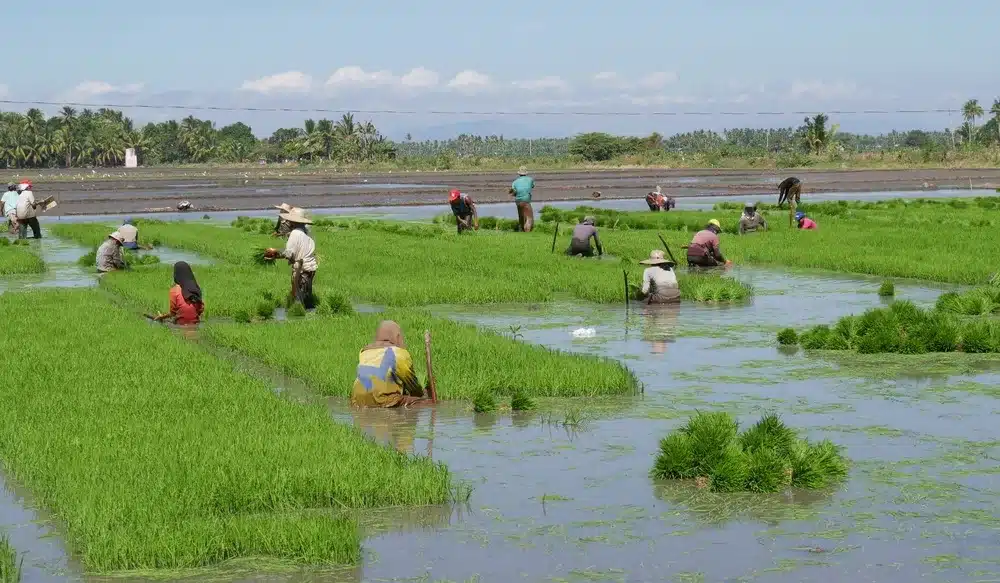President Ferdinand Marcos Jr. visited Ormoc City, Leyte, to check on a ₱100-million solar-powered irrigation project aimed at boosting local farming.
The initiative underscores the administration’s drive to modernize agriculture by tapping renewable energy (RE), with the goal of improving crop yields and ensuring long-term food security.
(Also read: Green Energy Grows in W. Visayas—But Can the Grid Keep Up?)
Key features of the project
The National Irrigation Administration (NIA) rolled out its biggest solar-powered irrigation system in Eastern Visayas, set to supply water to 100 hectares of farmland in Ormoc. Designed to support two planting cycles annually, the facility is expected to boost productivity and directly benefit 92 farmers along with their families.
With the project’s completion, farmers in Ormoc can now shift away from costly diesel pumps. The solar-powered system offers a cleaner and more efficient source of water, cutting expenses, reducing emissions, and protecting farm operations from unstable fuel prices.
The irrigation system is powered by seven solar-driven pumps installed across two locations, delivering a combined capacity of 70 horsepower. This setup is projected to boost farm yields and raise the earnings of local households that depend on agriculture.
“The Ormoc SPIP is part of a nationwide initiative to build similar solar-powered irrigation systems,” stated NIA. “This effort aims to deliver long-term benefits to farmers and aligns with the country’s renewable energy and sustainable development goals.”
(Also read: Northern Samar Taps Berde Renewables for Green Power)
Supporting farmers and fisherfolk
According to Marcos, solar-powered irrigation offers farmers a sustainable lifeline since it harnesses energy from the sun without relying on costly crude oil. Malacañang added that the initiative reflects NIA’s broader effort to roll out climate-smart irrigation nationwide in support of the government’s RE and resilient farming goals.
Meanwhile, Senator Joel Villanueva has proposed legislation to establish a dedicated pension and social security incentives for farmers and fisherfolk. Under Senate Bill 244, around 10 million agricultural and fishing workers could gain access to benefits such as health coverage, disability aid, retirement support, and assistance for their families
“Let’s make our farmers and fishermen feel that they have someone to lean on in their old age,” Villanueva stated.
If passed, the measure would fold the pension and security scheme into the Social Security System (SSS), alongside programs of the Department of Agriculture (DA) and the Philippine Crop Insurance Corporation. It would draw initial financing from government savings, with import duties and DA budget allocations sustaining the fund in the long run.
Sources:


